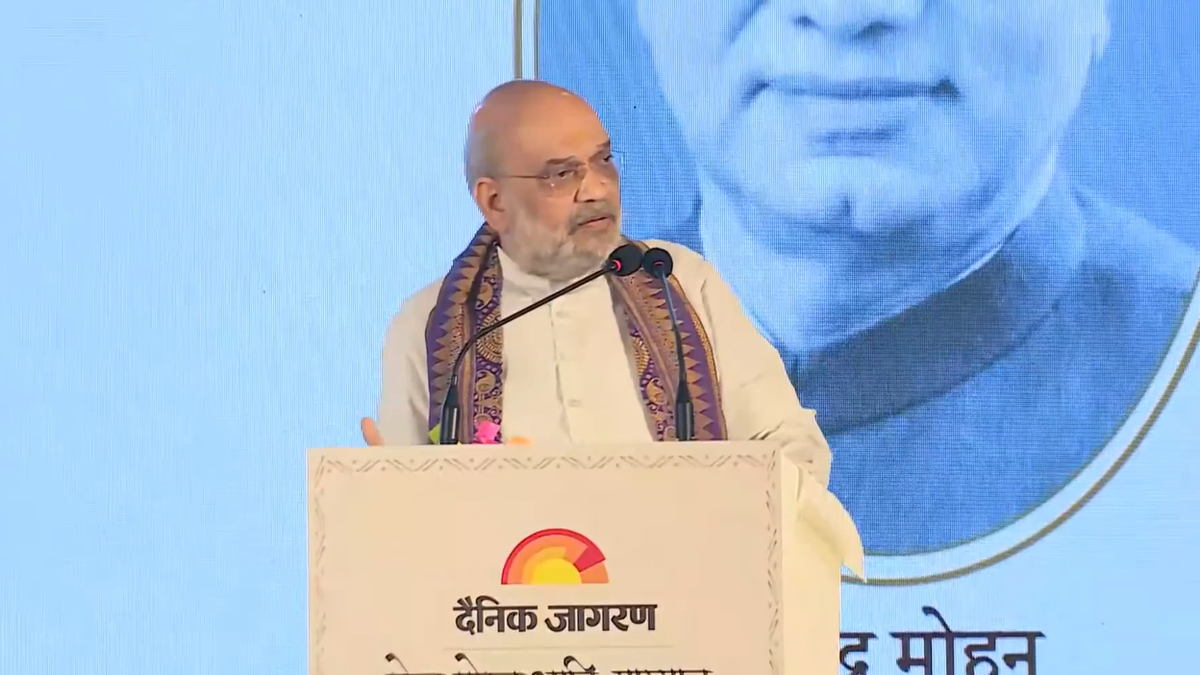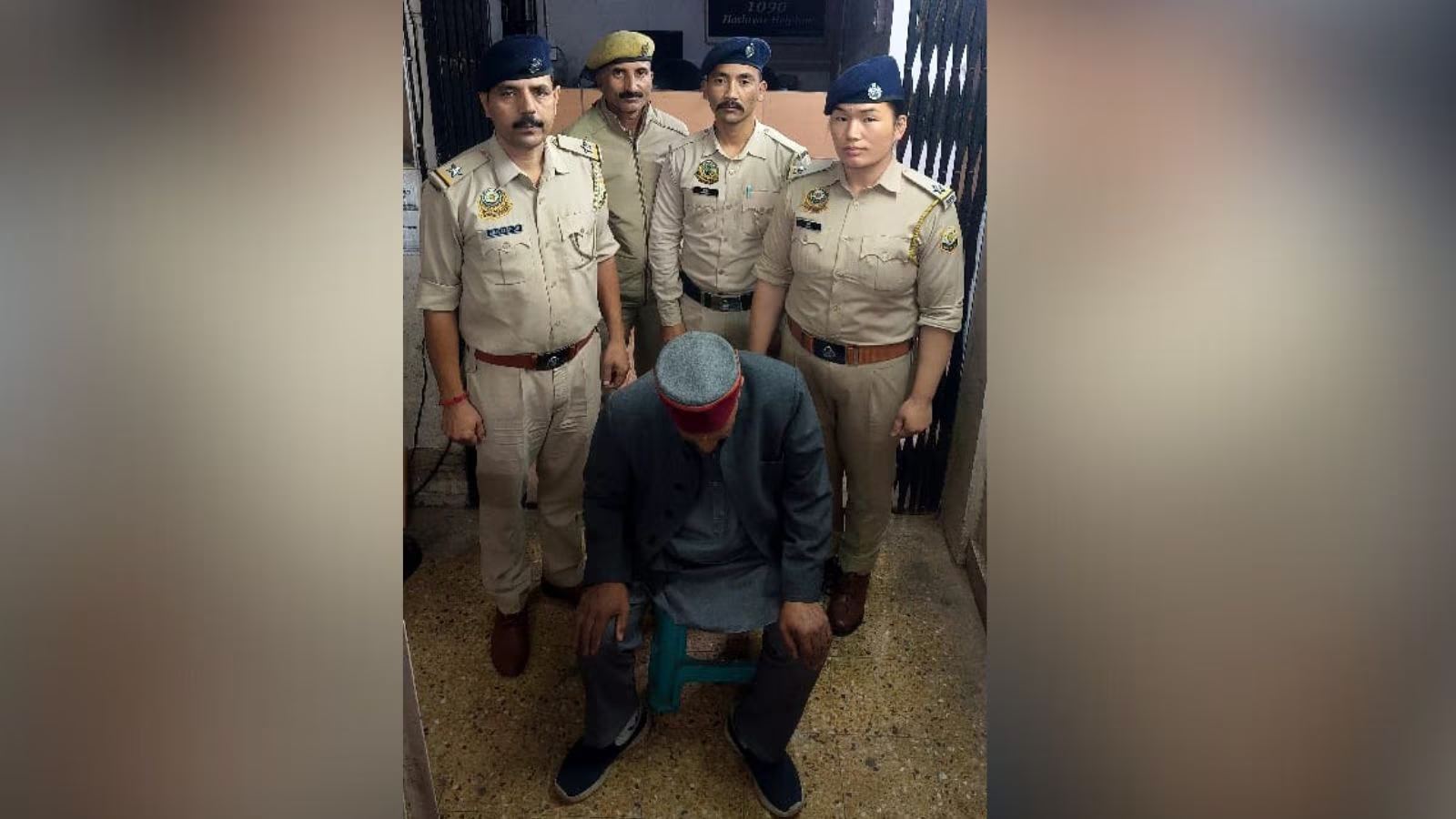Now Reading: Amit Shah on Pakistani Hindus: Rights, Refugees, and National Policy
-
01
Amit Shah on Pakistani Hindus: Rights, Refugees, and National Policy
Amit Shah on Pakistani Hindus: Rights, Refugees, and National Policy

Union Home Minister Amit Shah has clarified India’s stance on Pakistani Hindus, emphasizing that they have legitimate rights on Indian soil. Speaking recently, he distinguished between refugees seeking safety and illegal infiltrators, stressing that India’s policies aim to protect persecuted minorities while safeguarding national security. The remarks have sparked discussions across the country, particularly in Tier-2 cities where refugee settlements and local integration are visible realities.
Distinguishing Refugees from Infiltrators
Shah highlighted that individuals fleeing religious persecution in Pakistan are entitled to protection under Indian law. He explained that refugees undergo verification before being granted residence or citizenship, ensuring that only those genuinely in need are accommodated. In contrast, infiltrators who enter India illegally without documentation are subject to strict legal action. This distinction, officials say, is crucial for maintaining law and order while upholding humanitarian principles.
Rights and Protections for Pakistani Hindus
The minister reaffirmed that Pakistani Hindus in India have access to education, healthcare, and employment opportunities. Special measures are being taken in border states like Rajasthan, Gujarat, and Punjab to facilitate smooth integration, including assistance with housing, identification documents, and social welfare schemes. For Tier-2 cities, where smaller communities often face challenges of acceptance, this clarity offers guidance on how local administrations can manage refugee populations.
Political and Social Implications
Shah’s comments also address growing political debates over citizenship and border security. By drawing a clear line between persecuted minorities and illegal entrants, the government aims to balance humanitarian commitments with domestic security concerns. Analysts note that these policies could influence voter perceptions in regions with significant migrant populations.
Conclusion
India’s approach, as outlined by Amit Shah, underscores the country’s commitment to protecting persecuted minorities while enforcing legal boundaries for security. For local communities in smaller cities, understanding these policies is key to fostering integration, maintaining social harmony, and ensuring that rights are extended fairly without compromising safety.

























